|
Dr Tom Cromarty Editor Interests: Paediatric Emergency Medicine, Medical Engagement and Leadership, Simulation, Quality Improvement, Research Twitter: @Tomcromarty |
Welsh Research and Education Network
WREN BlogHot topics in research and medical education, in Wales and beyond
Dr Celyn Kenny Editor Interests: Neonates, Neurodevelopment, Sepsis, Media and Broadcasting Twitter: @Celynkenny |
|
Dr Assim Javaid ST3 Provider: Bristol Medical Simulation Centre Course Length: 1 day Cost: £85 (Free for Peninsula and Severn Trainees) What is it?A one day course aimed at dealing with paediatric emergencies that can happen on the ward, in ED or on an admissions unit. It’s aimed at level 2 trainees and provides more difficult and challenging simulations than seen in other simulation courses. There’s a mix of resuscitation and communication scenarios aimed to push junior registrars out of their comfort zone and to make senior registrars think harder about their leadership styles. What was good about it?The Bristol Medical Simulation Centre, if you’ve never been there, is fantastic. There are a number of beds, made to simulate the ward, theatres and side rooms, and this, alongside an excellent range of mannequins, really help to minimise a lot of simulation artefact by making the scenarios feel that bit more real. The faculty are friendly and approachable. They also provide a really good debrief session, which I find the most useful part of simulation. What wasn't so great?Bristol is a bit of a nightmare to get into! But that’s always been the case and something you’ll just need to factor in when making your way there. Other than that, the only other downside is that the vast majority of the attendees will be Severn trainees. They’ll all know each other relatively well and, unsurprisingly, will take to working together in simulations easily. If you come from outside this deanery, be ready to be the unknown factor in the group. That’s not necessarily a bad thing but it’s worth being aware of beforehand. Is it worth going to?In a word, absolutely! The scenarios are challenging (I won’t say what they are as that would defeat the purpose) but in no way unfair and closely related to our practice. The focus is very much on gauging and developing how you work as a leader of a team in an emergency and this is the best course I’ve been on for developing that aspect of our professional behaviour. Though there is a cost for Welsh trainees, it’s certainly nowhere near as high as other similar courses and I think the value for money is excellent. How do I get more information?
1 Comment
Oliver Walker ST6, Neonatal GRID Trainee Preparing for consultant interviews may feel like a very distant problem in the early years of paediatric training. However, thinking early about what you’d like your future consultant job to be and how to get it can help guide your priorities in the last years of your training. For many of us this may well be the first interview we have had since applying for paediatric training.
Dr Helen Jeffries and Dr Rachel Rayment gave an instructive talk on consultant interview skills at the recent junior doctor leadership session at UHW. They talked from personal experience of being both the interviewer and interviewee. A key message was the importance of preparation well in advance. As well as building your CV in the later years of training, try to demonstrate an interest that will be a selling point to the panel, be it an area of clinical expertise, management experience, research or education. Look online for consultant interview scoring criteria and identify areas of strength as well as weaknesses that you can address in advance. When looking for jobs try to think carefully about whether it is right for you, remember that consultant jobs are often still a career long position. Dr Jeffries and Rayment told us that if you feel the job doesn’t quite fit your needs (e.g. you have a research interest you’d like to pursue) you can discuss any specific changes with your future employer. They suggested that this should be done early in the process as once you are appointed renegotiation can be very difficult. Once an interview has been offered, visit the department, make contact with and ideally meet as many members of the interview panel and department as you can. This will give you a valuable insight into the priorities of the department and likely interview questions. It is as important to meet non clinical as clinical staff. Visiting will stop you being an unknown quantity at interview. Make sure you are aware of local issues and practices - this can be especially true if moving regions or countries. For example, NHS England has a very different structure to NHS Wales with different bodies for service commissioning and service delivery and this alters an organisation’s priorities. Look at the values of the trust or board you are applying to, try to see what the its plans for the future are and how you complement these. When preparing for the interview practice as much as you can with friends and especially consultant colleagues who can offer valuable feedback. There are also services that provide professional advice and training for interview skills. Dr Jeffries and Dr Rayment emphasised that clinical skills are taken as a given - it is how your other skills and experience will fit the needs of the department that really matters. Dr Christopher Course ST5, Neonatal GRID Trainee The first South Wales & West BPD/CLD Symposium took place at the Holiday Inn Cardiff North on 12th June 2019. The day aimed to update delegates on the latest topics on the prevention and management of chronic lung disease of prematurity (CLD), also known as bronchopulmonary dysplasia (BPD). We attracted nearly sixty delegates from a multi-professional background from across the South Wales and West Country regions. The morning session focused on hot topics in the prevention of CLD. It started with an overview of the current trends in management of respiratory distress syndrome of prematurity, presented by Dr Chris Course. This talk highlighting changes in practice since the introduction of the Wales Neonatal Network RDS Management Guideline in 2016. Progress has been made in mechanical ventilation support and supportive care, but the data highlighted the ongoing need to optimise early care in the delivery room and aiming to stabilise on non-invasive respiratory support. This was followed by Professor Sailesh Kotecha (Cardiff University) presenting his groups ground-breaking work on the influence of pulmonary microbiome on the development of CLD, the negative impact of ureaplasma colonisation, and potential therapeutic interventions. Professor Sailesh Kotecha of Cardiff University Dr Malli Chakraborty (NICU, Cardiff)followed with an overview of the current evidence base for different mechanical ventilation strategies in preventing CLD, stressing the importance of minimising duration of mechanical ventilation, gentle ventilation modes (such as Targeted Tidal Volume mode) and future directions for support, such as NAVA (neutrally-adjusted ventilatory assist). The morning was rounded off with Dr Lieve Boel (NICU, Cardiff) giving an update on the latest research in antenatal and postnatal steroid management, discussing the emerging role of early postnatal hydrocortisone, and potential advances with intracheal instillation of steroids. The focus of the afternoon then shifted towards the management of CLD and the longer-term outcomes of CLD and premature birth. The afternoon started with a discussion on the role of palivizumab in reducing RSV-related morbidity and mortality for those babies with chronic lung disease, and the possible expanded role it may have for late preterms, who still have a higher RSV-related morbidity. Dr Aung Soe, (Medway Hospital Kent) Topic Expert for the NICE guideline on Specialist neonatal respiratory care for babies born preterm (https://www.nice.org.uk/guidance/ng124) highlighting some of the challenges of the NICE review process and summarising the recommendations. Dr Aung Soe presenting the new NICE guideline This was followed with a moving talk from two parents, whose daughter had been born extremely preterm and suffered with CLD. Their experiences were vitally important in bringing all of the science and guidelines discussed so far during the day to impact it really has on families. We rounded the day off with Dr Martin Edwards (Consultant Paediatrician, Children’s Hospital for Wales) presenting his research on the long-term respiratory outcomes of premature birth, stressing that abnormal lung function and increased respiratory morbidity persists through childhood and into adulthood, highlighting that if we can optimise their early respiratory care, we can have a positive impact on their health for the rest of their lifespan.
We would like to thank Abbvie ltd for their help in supporting the day and we hope to organise a similar symposium next year – please stay tuned to the WREN twitter feed and website for more information. |
Editors
Dr Annabel Greenwood Categories
All
|


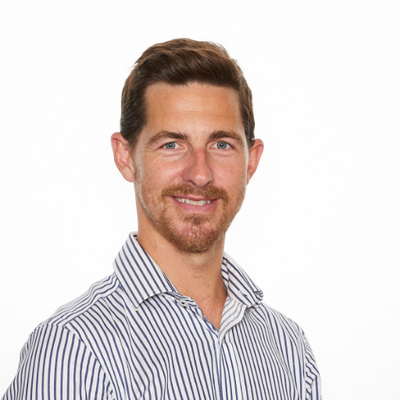
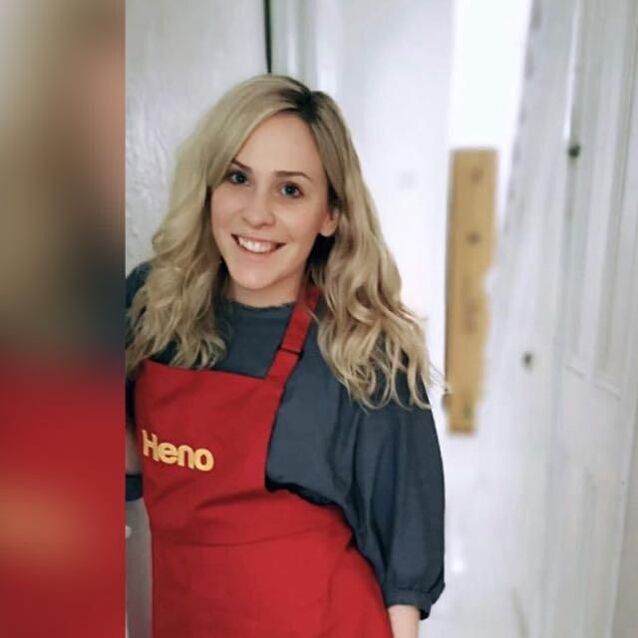
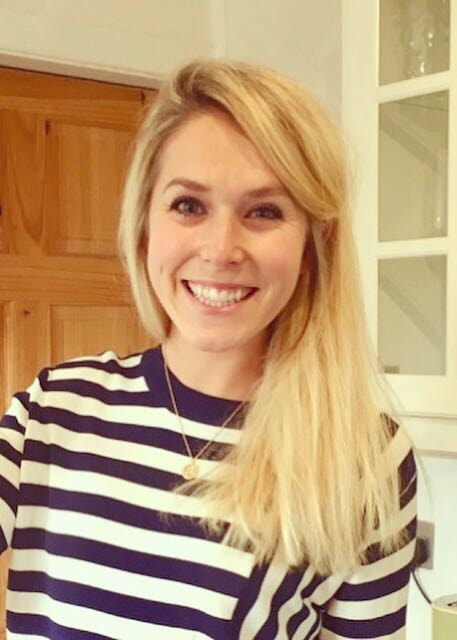
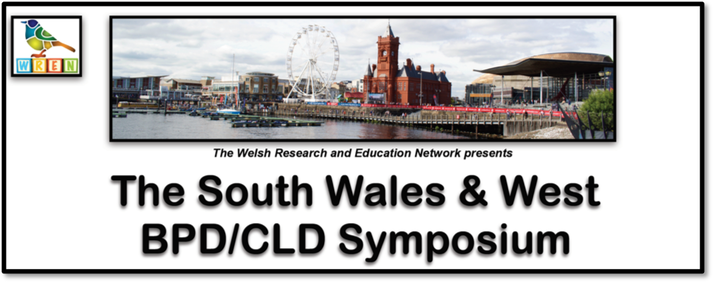
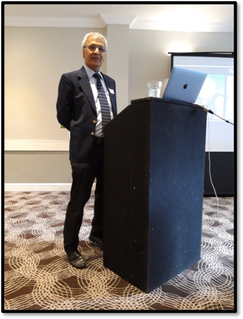
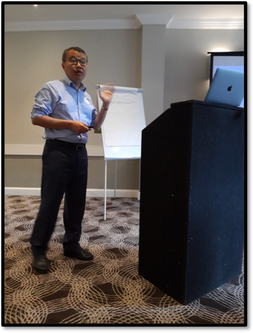
 RSS Feed
RSS Feed
